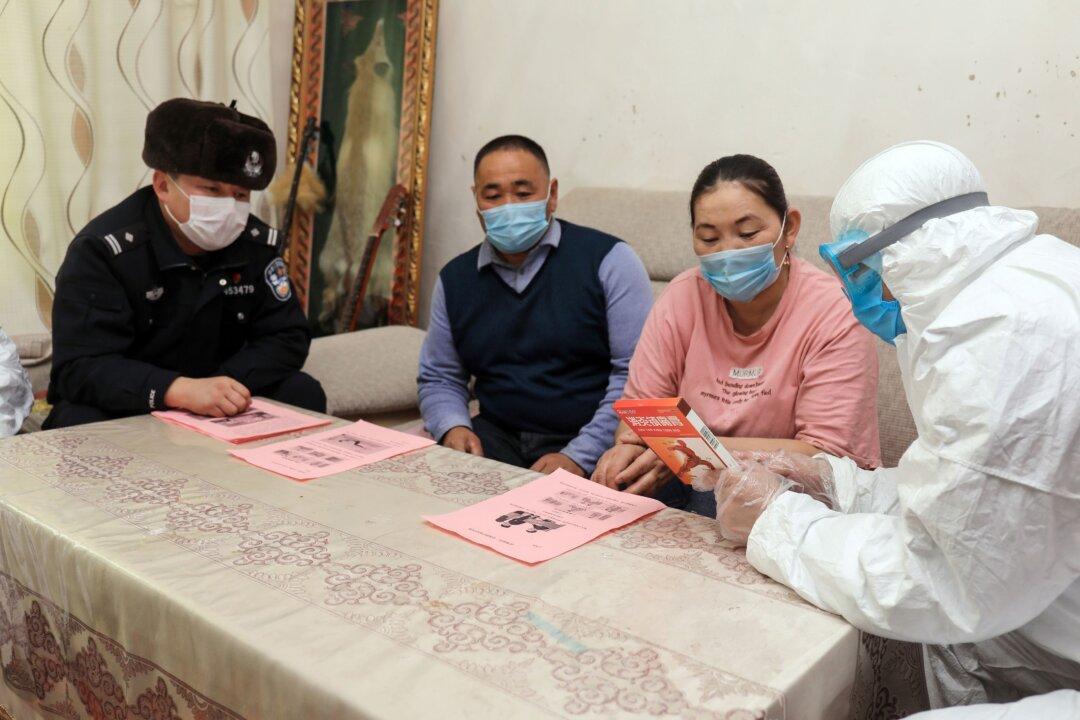Reproduced from Bitter Winter: A magazine on religious liberty and human rights in China
The Chinese regime is training abbots as mouthpieces to spread propaganda and requires temples to undergo standardized management assessments.Don’t be surprised if you hear personnel from government-approved religious venues say that China has full religious freedom, because the Chinese Communist Party (CCP) is actively grooming envoys among the official clergy that are taught to spread the “good” word.





